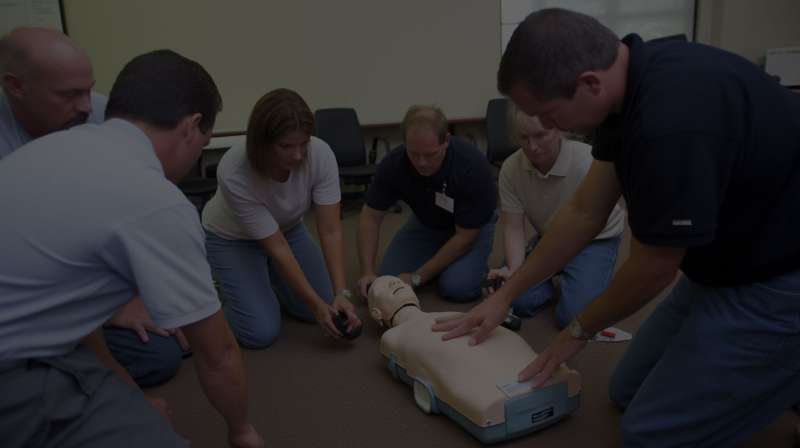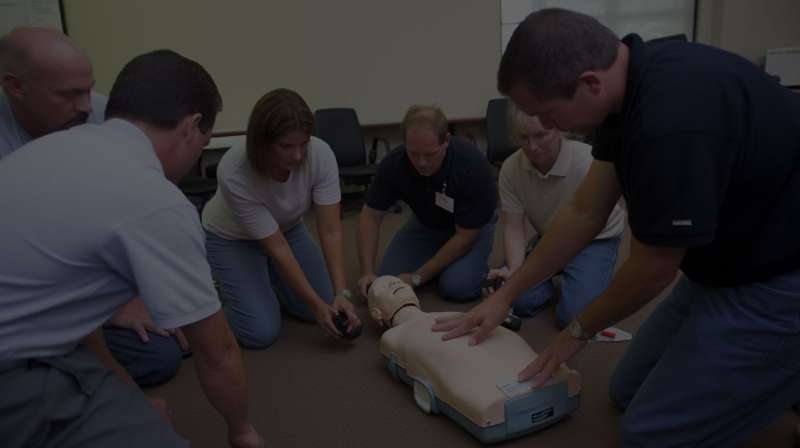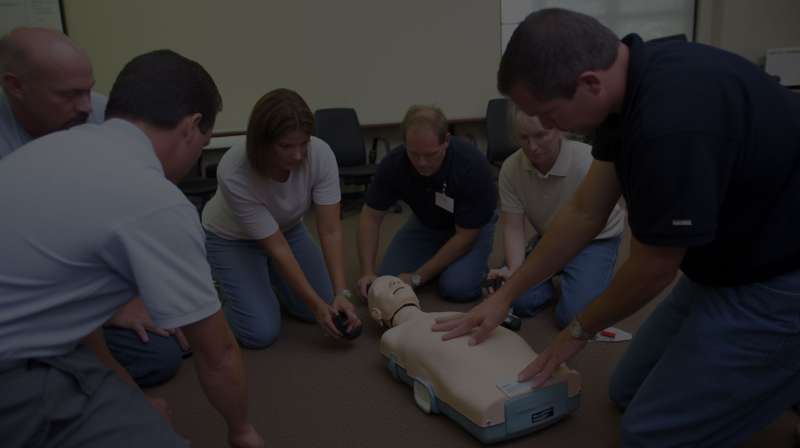Good Samaritan Laws (or related local laws) are enacted to encourage people to come to the aid of others. In general, they protect individuals who voluntarily offer assistance to those in need and are created to provide immunity against liability.
Often, a Good Samaritan law imposes no legal duty to help a stranger in need. However, local laws may vary on this point and in some areas people are required to provide aid. There may not be Good Samaritan laws in your local area and it would be wise to determine the extent and use of Good Samaritan laws in your region.
To be protected by a Good Samaritan law, typically you should;
- Only provide care that is within the scope of your training as an Emergency Responder
- Ask for permission to help - child, parent or guardian
- Act in good faith
- Do not be reckless or negligent
- Act as a prudent would do so
- Do not abandon the patient once you have begun care.
- *The exception to this is if you must do so to protect yourself from imminent danger
Thailand Public Health & Safety Laws
Q. Since arriving here, I have heard that there is no Samaritan law shielding those trying to help someone who is injured. Is this true? Are you legally responsible for trying to help someone who may die if you do nothing? My first instinct would be to try to help someone if possible. However, if this opens you up to lawsuits, I would be very hesitant to help except in the most dire circumstances. Therefore, I thought it might be helpful to get a professional opinion.
Thai Lawyer's Response -
According to the Criminal Code:
Misdemeanors (Sections 367-374)
Whoever sees any person in life-threatening danger, in spite of the ability to assist without fear of danger to oneself or the another person, refuses to render assistance shall be liable to imprisonment for not more than one month, or a fine not exceeding one thousand baht or both.
http://library.siam-legal.com/thai-law/criminal-code-misdemeanors-sections-367-37
*Text and photos on this website are for informational purposes only, and does not constitute nor intended to be legal advice. For legal advice schedule an appointment with a legally registered & practicing Lawyer/Council in your area.
Q. I have been CPR/First Aid/Aed certifed in thailand 3 times. I will always keep my AED cert. Each time I recrert for CPR, we are told, even as a 'layperson' holding an AED cert, legally here, we are not allowed to use them. When I had a buisness 2 years ago, I wanted one in, i was told the same thing by the lawyer. I have just been told that this is a lie, that an layperson (untrained professionally) who is Certified to use an AED, it is not illegal here. Has this law changed since Nov 2013?
Thai Lawyer's Response
A layperson can use an AED legally and you will not have any legal implications, but if you are a doctor then you will be legally liable.
*Please note that we are not responsible for comments derived from external internet websites




Share on social media